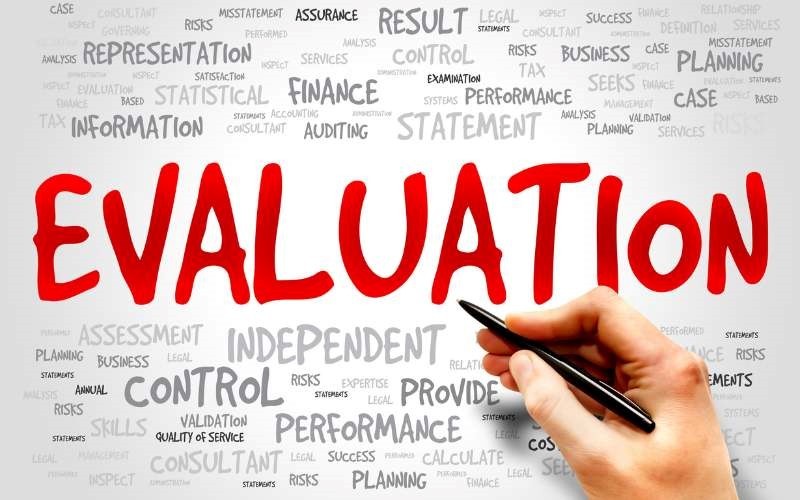
The Importance of Event Feedback and Evaluation
Events are a vital part of modern society, whether it's a business conference, a music festival, or a charity fundraiser. Regardless of the event, one thing remains true: feedback and evaluation are essential to ensuring that the event was a success and helping organizers plan for future events. In this blog post, we will explore the importance of event feedback and evaluation and why it should be a standard practice for all events.
Firstly, event feedback provides valuable insights into the experience of attendees. It can provide a wealth of information, such as what attendees enjoyed most about the event, what could have been improved, and what attendees would like to see in future events. This information is crucial for event organizers as it can help them identify areas of improvement and ensure that they continue to provide attendees with the best possible experience.
For example, if a business conference receives feedback that the keynote speaker was not engaging, the organizers can use this information to select a more suitable speaker for future events. Alternatively, if a charity fundraiser receives feedback that there was a lack of vegetarian options at the event, the organizers can ensure that they cater to all dietary requirements in future events.
Secondly, event feedback and evaluation can help event organizers measure the success of an event. This is particularly important for events that have a specific goal or objective, such as fundraising events or product launches. Feedback can help organizers determine whether they achieved their goals and objectives and identify any areas where they fell short.
For example, if a charity fundraiser had a goal of raising $10,000 but only managed to raise $8,000, the organizers can use feedback to identify why they fell short and what they could do differently next time to achieve their goal.
Thirdly, event feedback and evaluation can help organizers identify trends and patterns that may not be immediately apparent. By analyzing feedback from multiple events, organizers can identify trends in attendee behavior, such as preferences for certain types of entertainment or catering options. This information can be used to inform future event planning and ensure that organizers continue to provide attendees with the experiences they want.
Lastly, event feedback and evaluation can help event organizers to build a loyal following. By listening to feedback and making changes based on that feedback, organizers can demonstrate that they value the opinions of attendees and are committed to providing them with the best possible experience. This can help to build trust and loyalty among attendees, which can translate into increased attendance and revenue for future events.
In conclusion, event feedback and evaluation are essential for the success of any event. They provide valuable insights into the attendee experience, help organizers measure success, identify trends and patterns, and build loyalty among attendees. Therefore, event organizers should make feedback and evaluation a standard practice for all events, and use the information they receive to continually improve the attendee experience and ensure the success of future events.
Enroll for an Executive Master's MBA in Events Management at the Euclea Business School. Call +971501550591